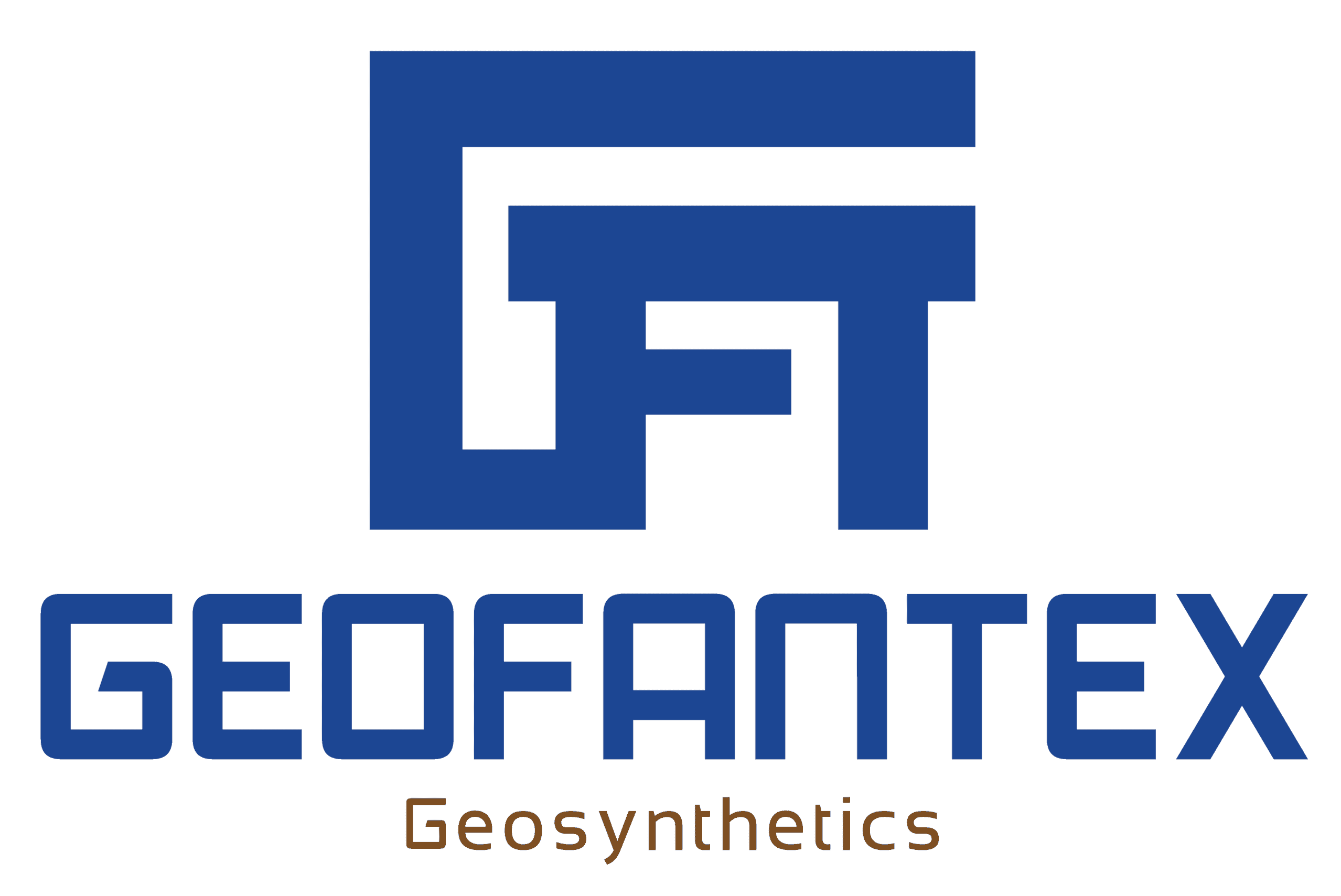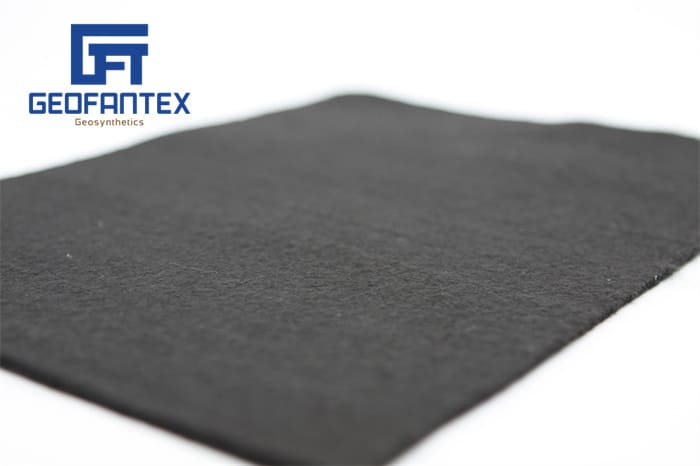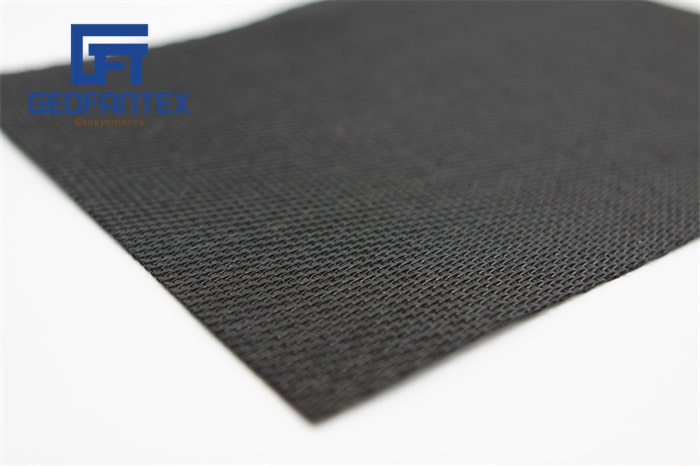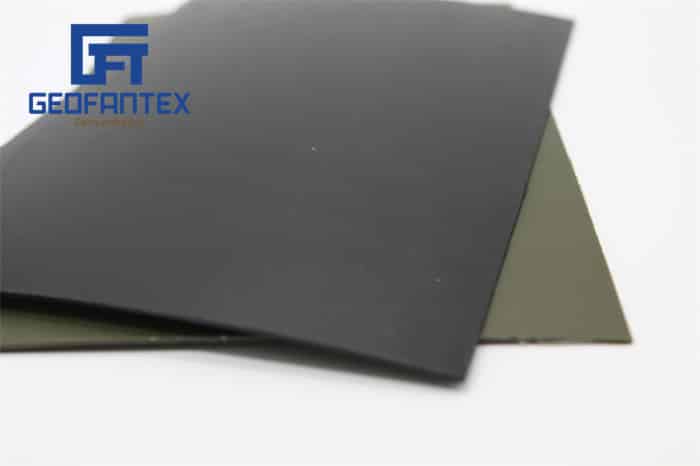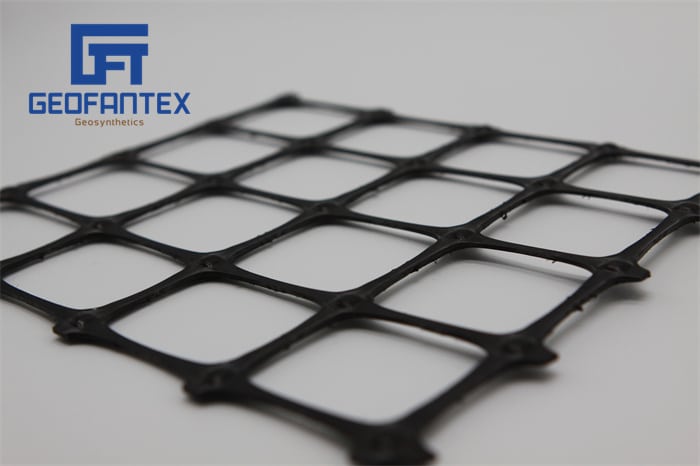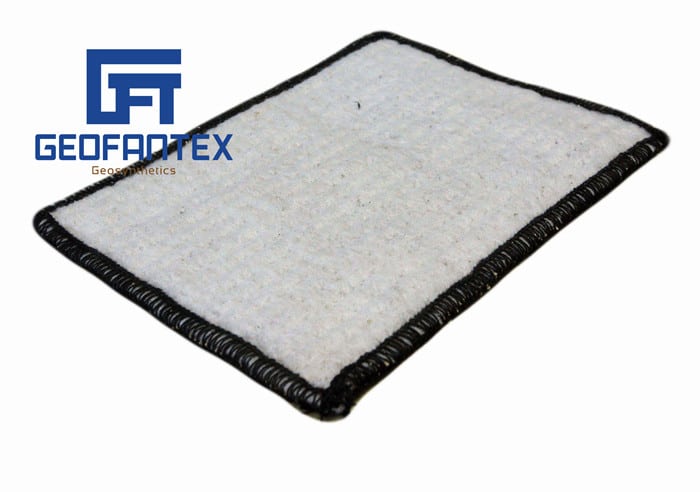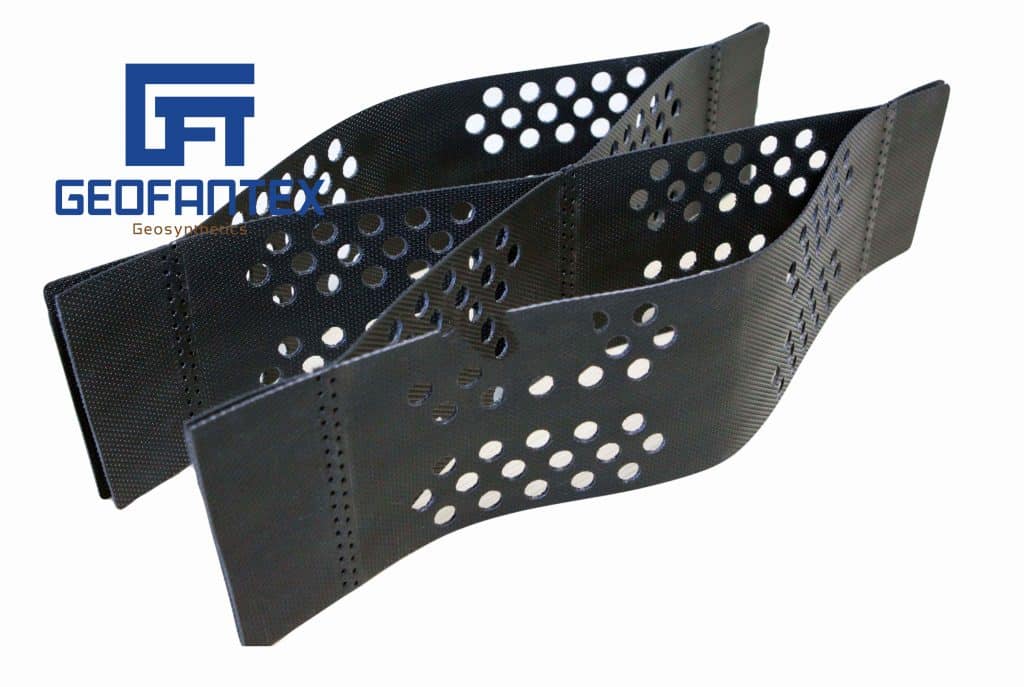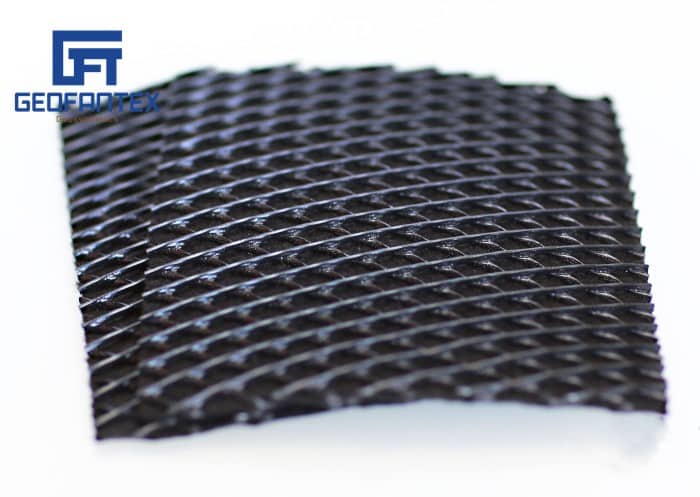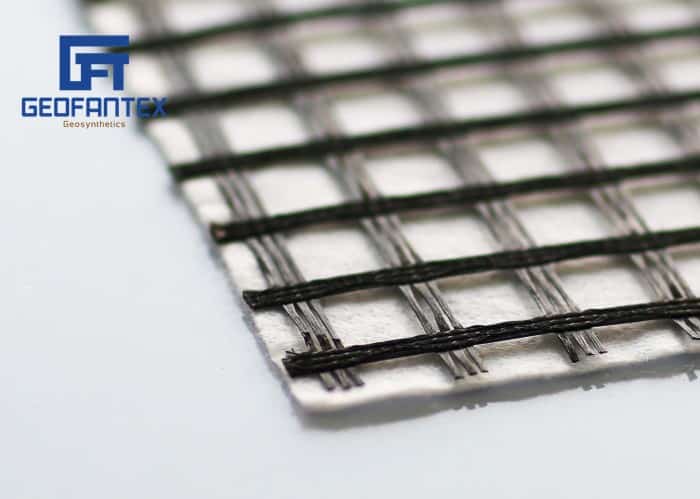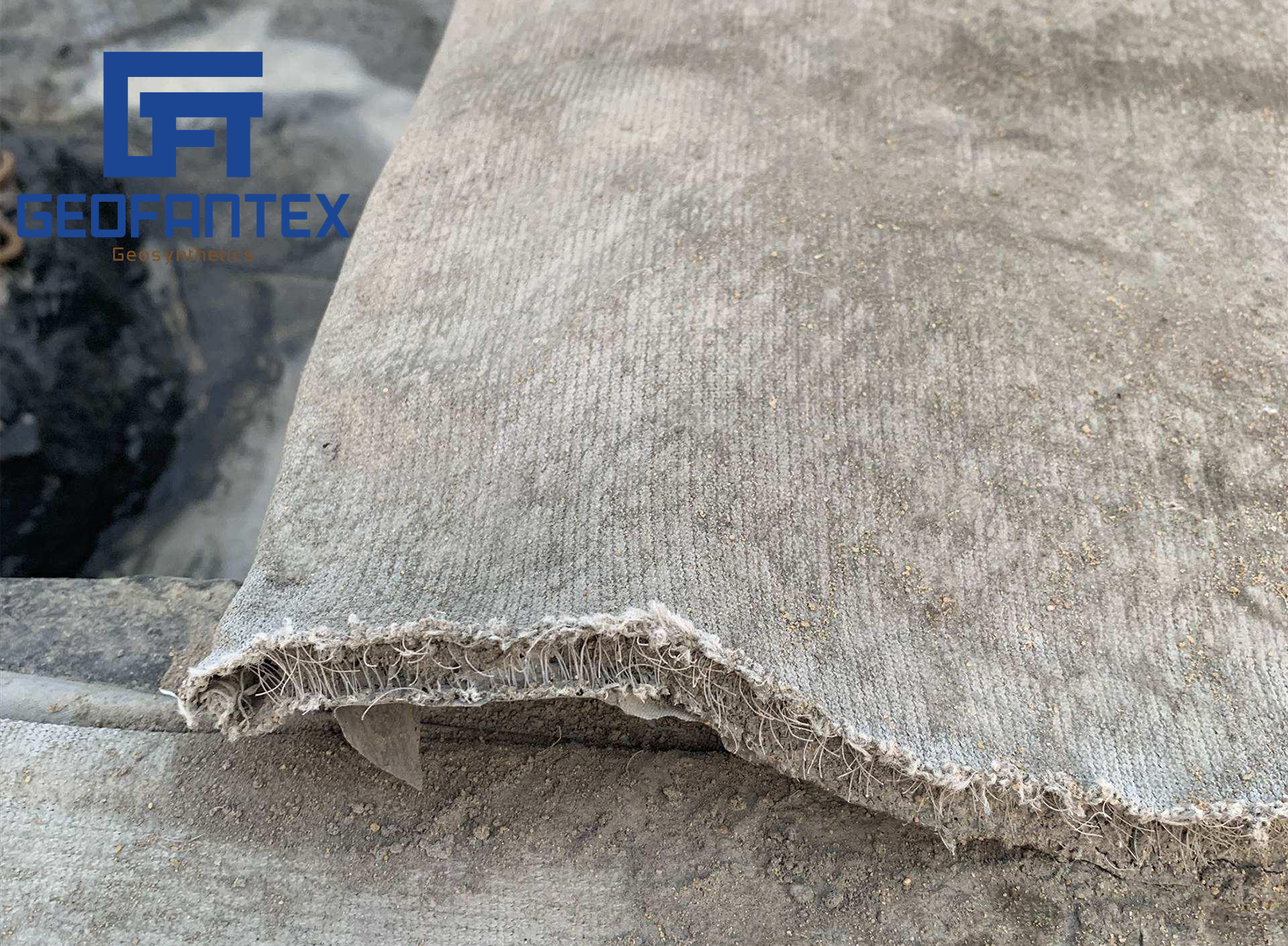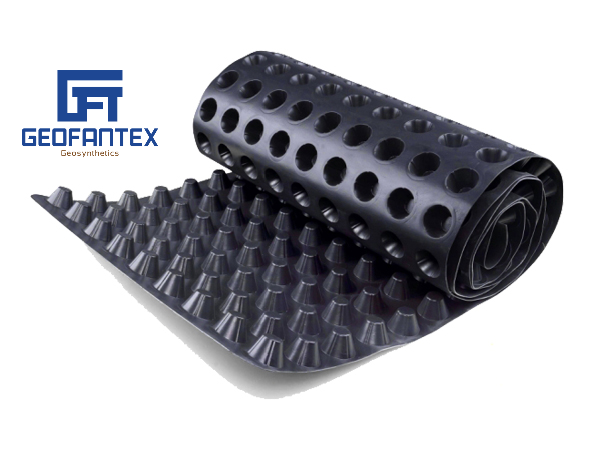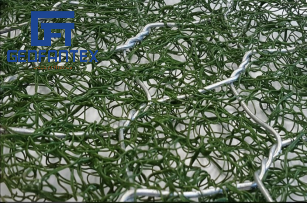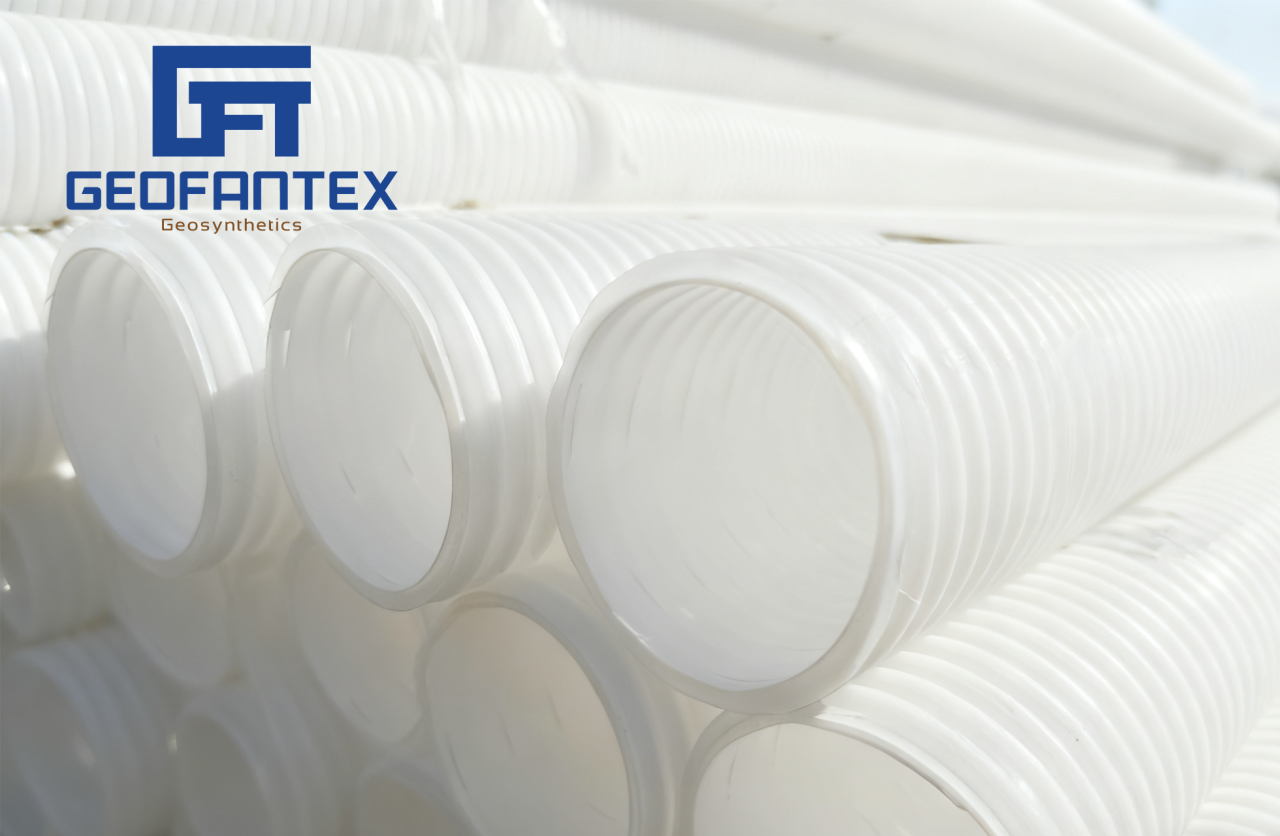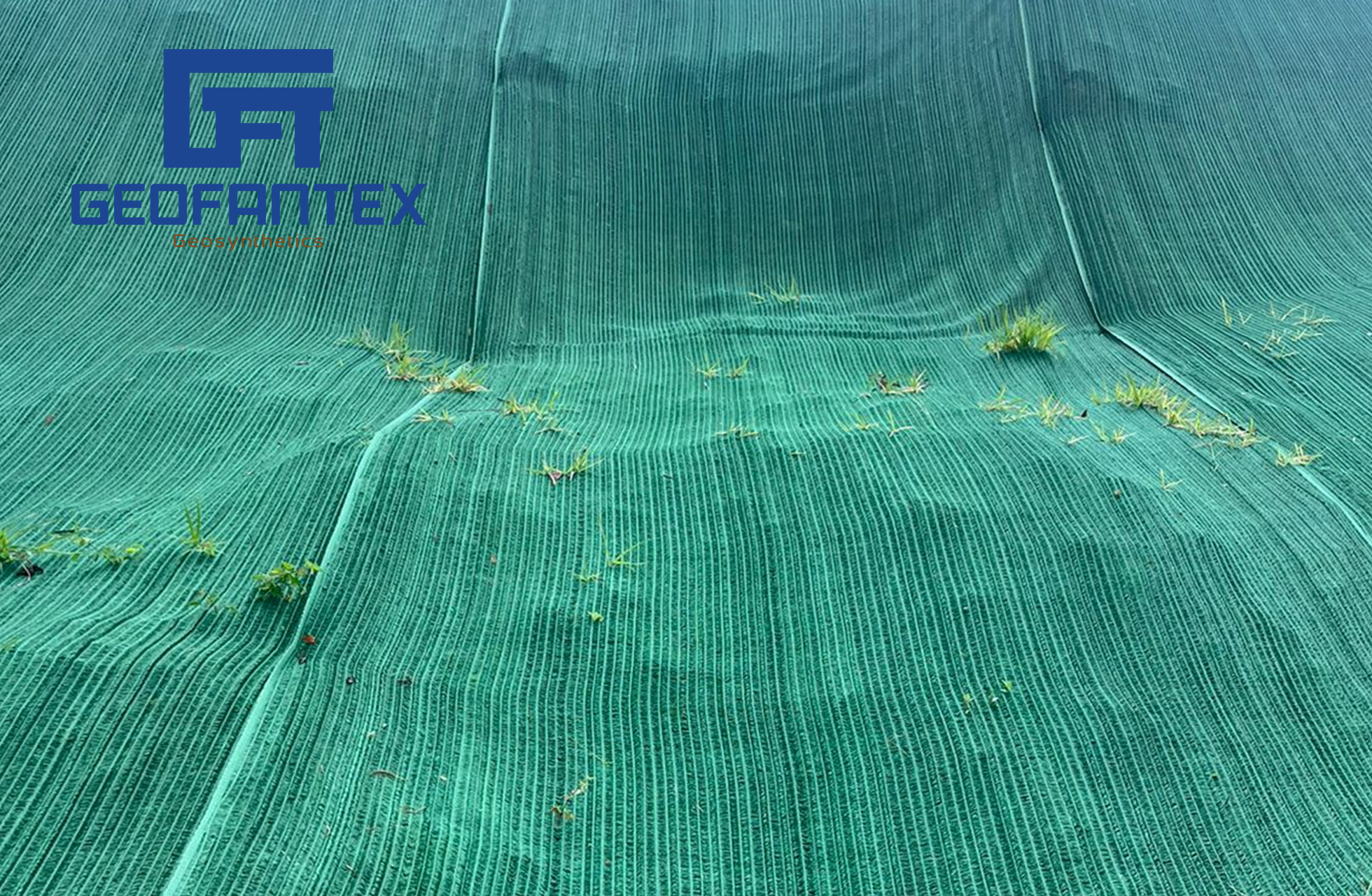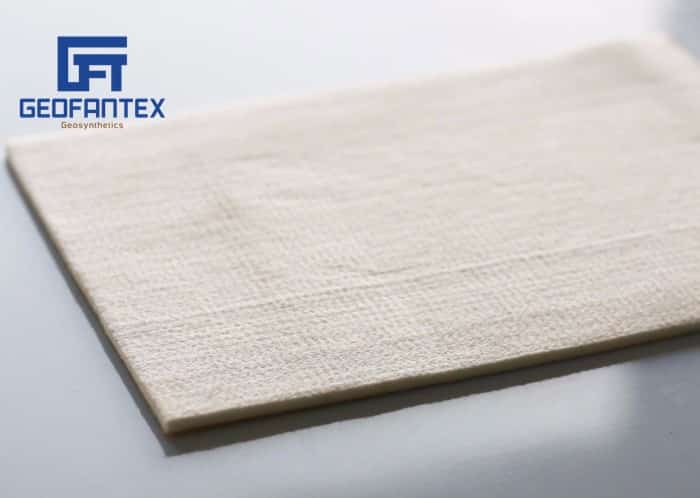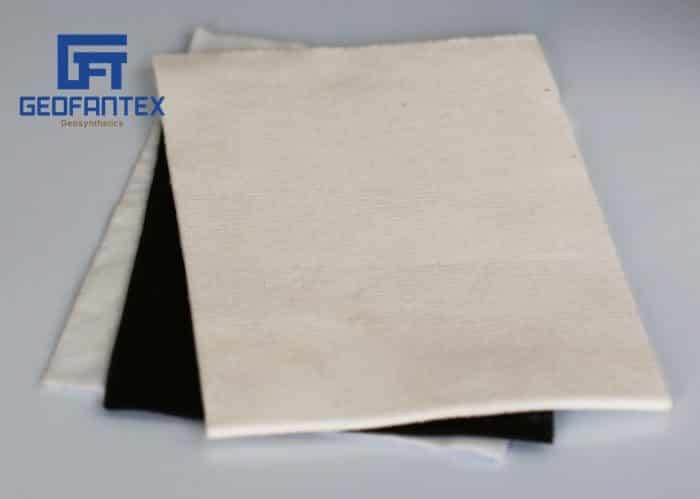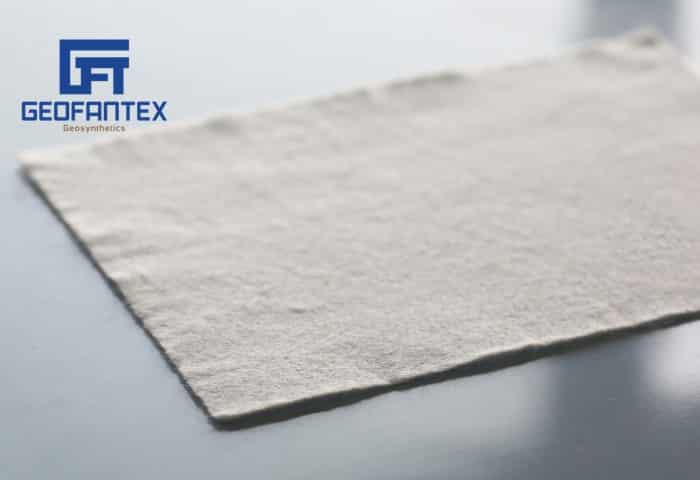+86-159 9860 6917
info@geofantex.com
geofantex@gmail.com
+86-400-8266163-44899
In the growing field of aquaculture, the use of geosynthetics like 0.4mm aquaculture geomembrane black is revolutionizing how fish farms and aquatic habitats are managed. Geomembranes, made from high-quality polymer materials, provide a durable solution for environmental challenges in aquaculture, such as controlling water quality, preventing leaks, and supporting eco-friendly farming practices.
The Role of Geosynthetics in Aquaculture
Aquaculture is a booming industry that feeds millions globally. However, with rapid expansion comes the challenge of managing environmental impact. Water management in fish farms is critical, and improper containment of water can lead to contamination, fish health issues, and significant losses. Geomembranes, especially 0.4mm aquaculture geomembrane black, offer a robust solution for these challenges. Their impermeable nature ensures water containment while preventing leakage into surrounding ecosystems. The black color not only enhances UV resistance but also controls algae growth, making it a preferred option for outdoor installations exposed to sunlight.
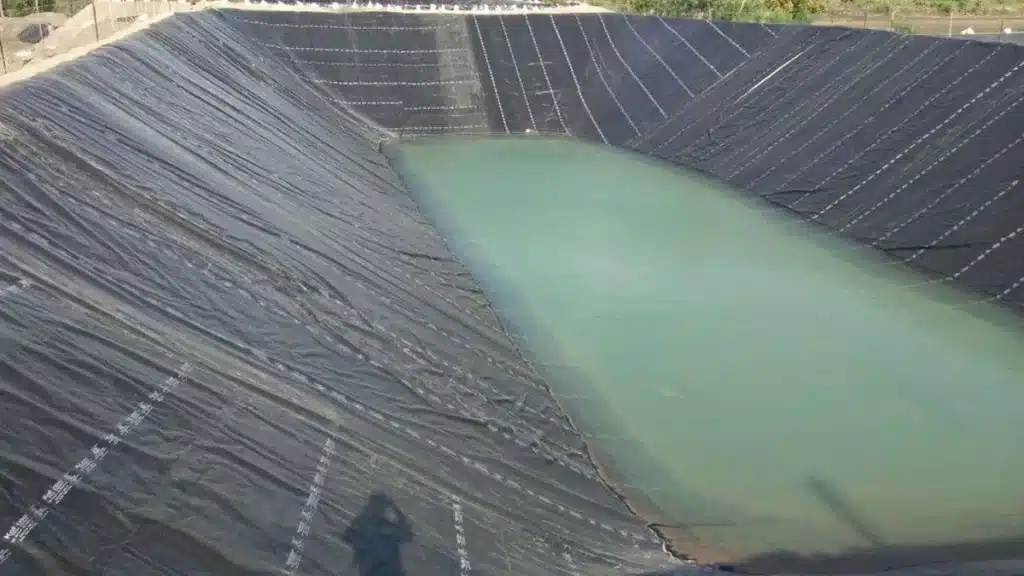
Case Study: Shrimp Farming in the Americas
In the Americas, shrimp farms are benefiting from the use of 0.4mm aquaculture geomembrane black for both their environmental and economic advantages. In Ecuador, one of the largest shrimp farming countries, a number of farms have adopted geomembranes to prevent the leakage of saline water into nearby freshwater resources. This is crucial in preserving the balance of local ecosystems and preventing contamination.
One particular farm saw a 25% reduction in water usage after installing the geomembrane liners, as they no longer had to replenish water due to leaks. Additionally, the installation of the geomembranes allowed the farm to keep production levels stable during periods of extreme weather, such as heavy rains, which typically lead to pond overflow and water contamination.

Case Study: Shrimp Farming in the Americas
The 0.4mm aquaculture geomembrane black is not only practical but also contributes to the sustainable development of aquaculture. By reducing water waste, it helps in conserving valuable water resources in regions where water scarcity is a concern. Furthermore, it minimizes the need for chemical treatments, as the geomembrane creates a sealed environment that reduces contamination risk and the need for frequent pond cleaning.
In terms of economics, the initial investment in geomembranes pays off over time due to lower operational costs. Farms report less need for maintenance and repairs, and fewer fish deaths due to water quality problems. The longevity of the geomembranes—often lasting 10-20 years—ensures long-term savings and reliability.
The use of 0.4mm aquaculture geomembrane black is a game-changer in the aquaculture industry. It enhances operational efficiency, promotes sustainability, and ensures the health and safety of aquatic life. Real-world examples from Southeast Asia and the Americas demonstrate how geomembranes are becoming indispensable in modern aquaculture practices. As the industry continues to expand, the role of geosynthetics in improving water management and environmental protection will only increase, paving the way for a more sustainable future in aquaculture.
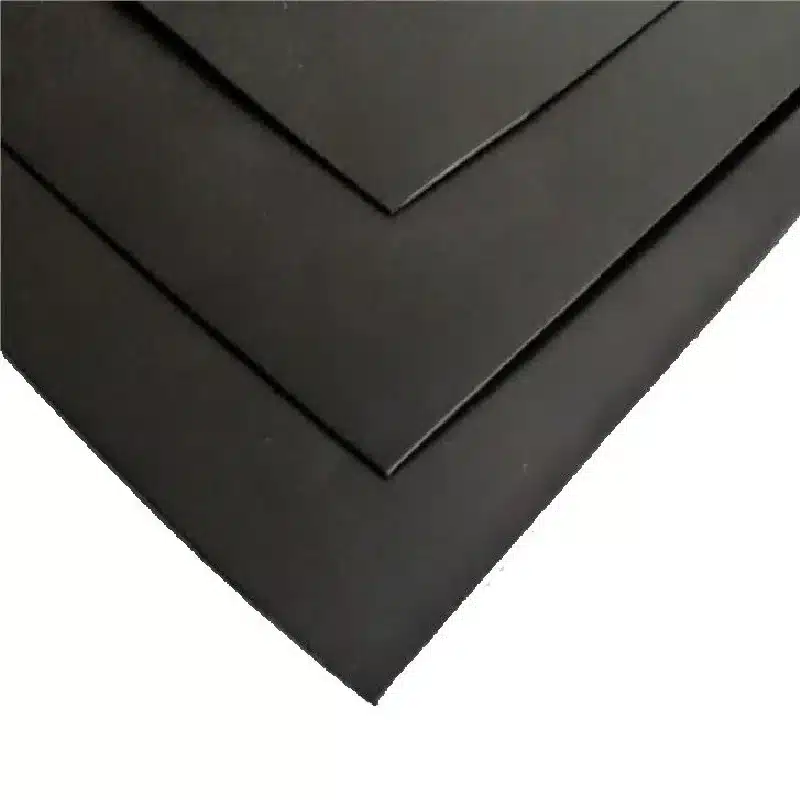
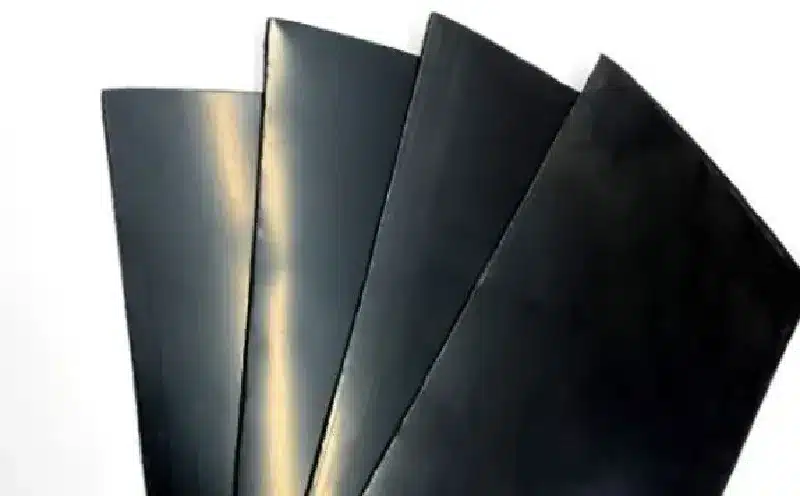

Get Free Sample
We’ll respond as soon as possible(within 12 hours)
